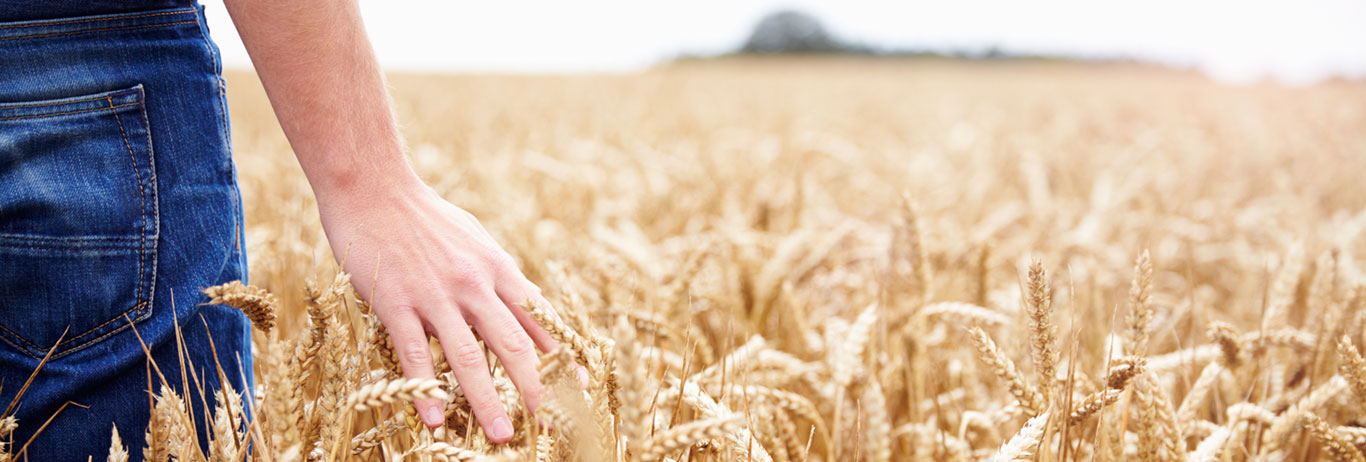 QAI’s Certified Transitional program provides certification to recognize and incentivize farmers to transition their land from conventional to organic growing methods. Currently, less than 1 percent of U.S. farmland is organic and farmers are struggling to meet the growing consumer demand for organic food. While organic products can fetch higher prices, it takes three years for a farm to transition from conventional to organic, and typically farmers are not compensated for the initial costs of incrementally converting their land. While large farms can shoulder this cost, small and medium-sized farms often cannot afford this upfront investment and this transitional period becomes a barrier to becoming certified organic.
QAI’s Certified Transitional program provides certification to recognize and incentivize farmers to transition their land from conventional to organic growing methods. Currently, less than 1 percent of U.S. farmland is organic and farmers are struggling to meet the growing consumer demand for organic food. While organic products can fetch higher prices, it takes three years for a farm to transition from conventional to organic, and typically farmers are not compensated for the initial costs of incrementally converting their land. While large farms can shoulder this cost, small and medium-sized farms often cannot afford this upfront investment and this transitional period becomes a barrier to becoming certified organic.
What’s unique about QAI’s program is that products made using at least 51 percent certified transitional content are allowed to use the QAI Transitional mark on their packaging. This raises awareness with consumers, provides more choices in the marketplace and allows premium pricing to be distributed down to the farms in transition.
QAI’s Certified Transitional can certify organizations that grow, produce, manufacture, process and trade in food and beverage, dietary supplements, cosmetics, household cleaners and textile products. To ensure farms are progressing through the program, QAI uses unannounced audits and sampling, and sets increasingly rigorous requirements for year 1, year 2 and year 3 of the program. The goal is that transitional farms become certified to organic standards in year 3 and graduate out of the program.
As one of the largest organic certifiers in North America, QAI has the expertise and relationships to help small and medium-sized farms transition to organic certification and thrive in the growing global organic market.
View our transitional resources
